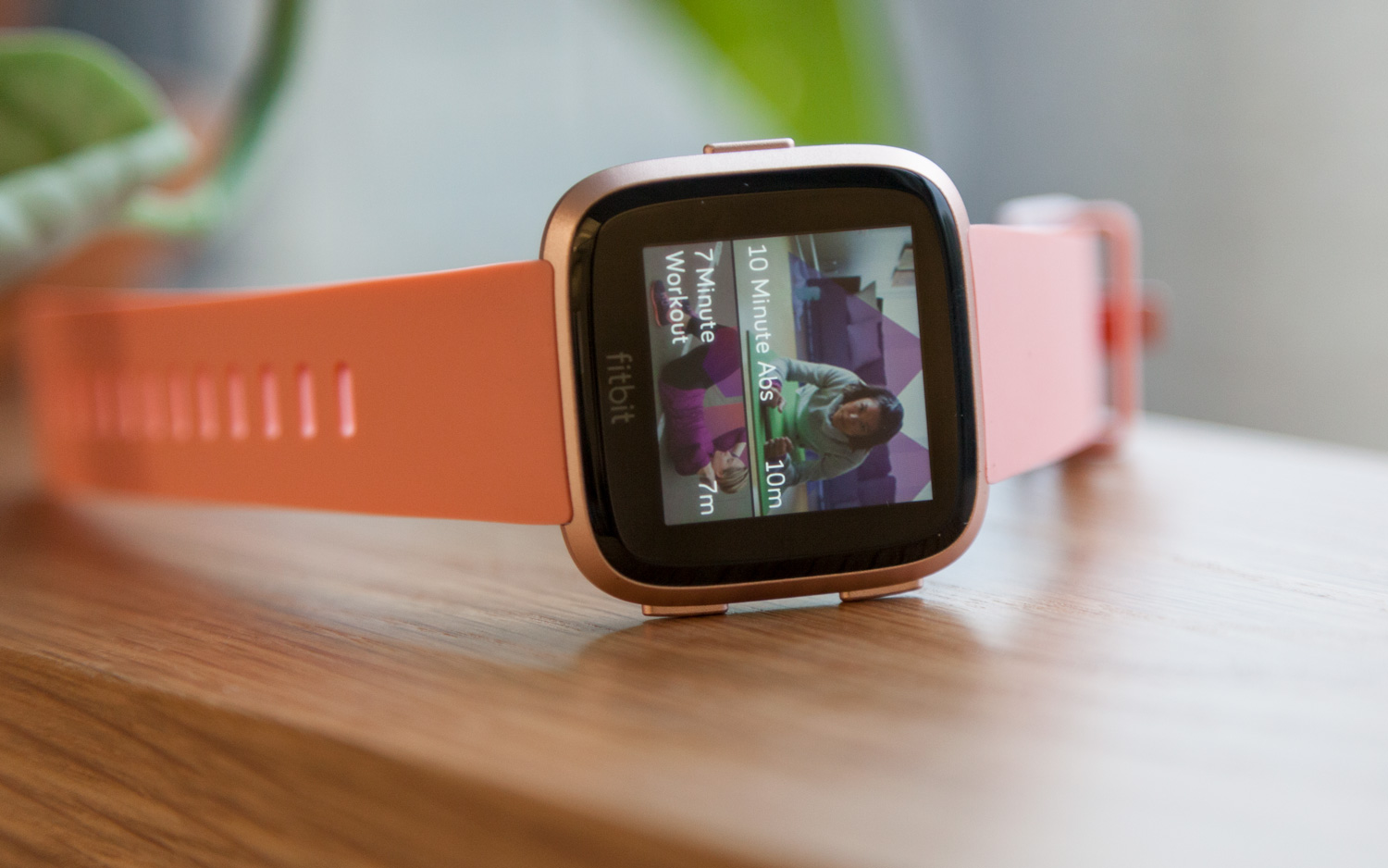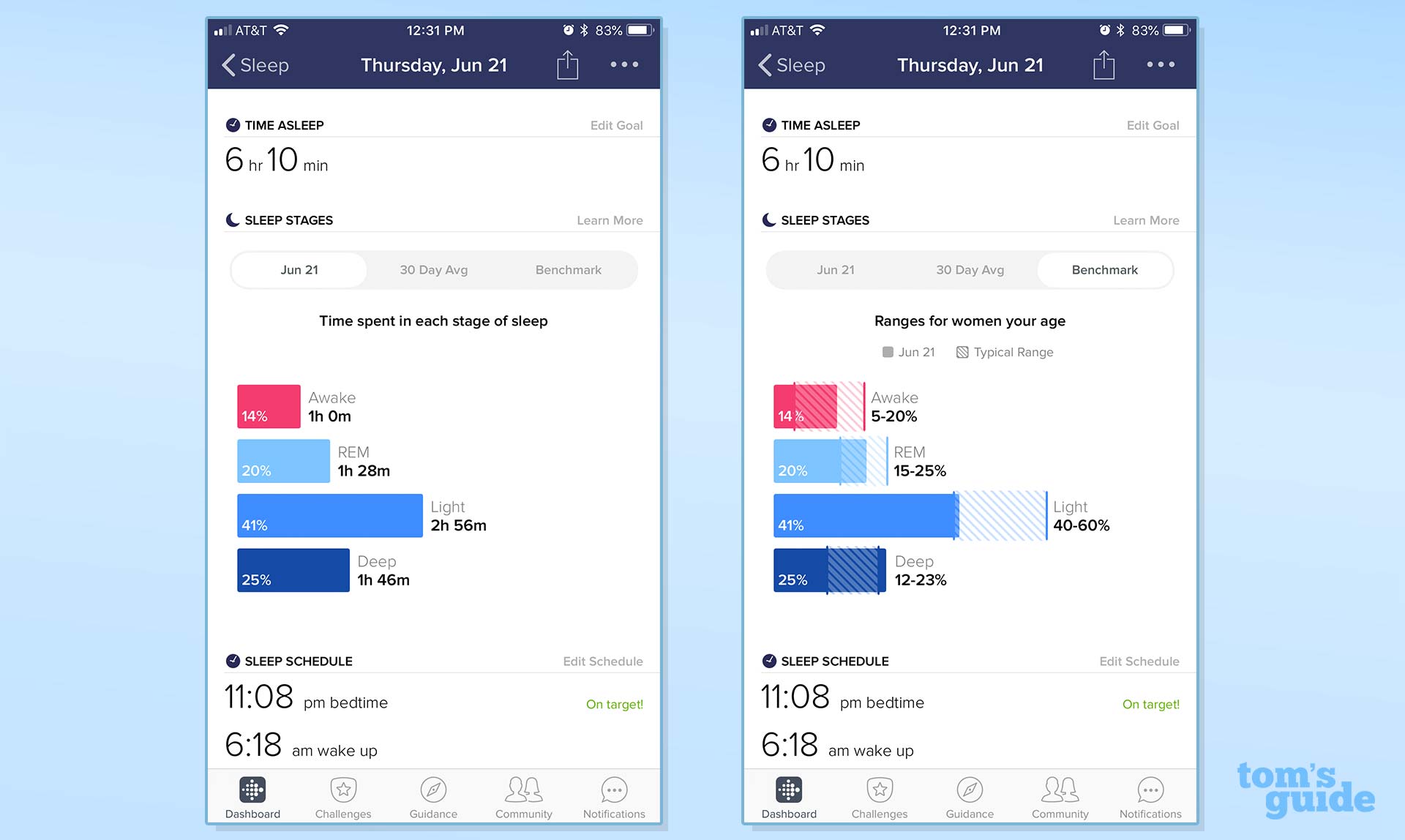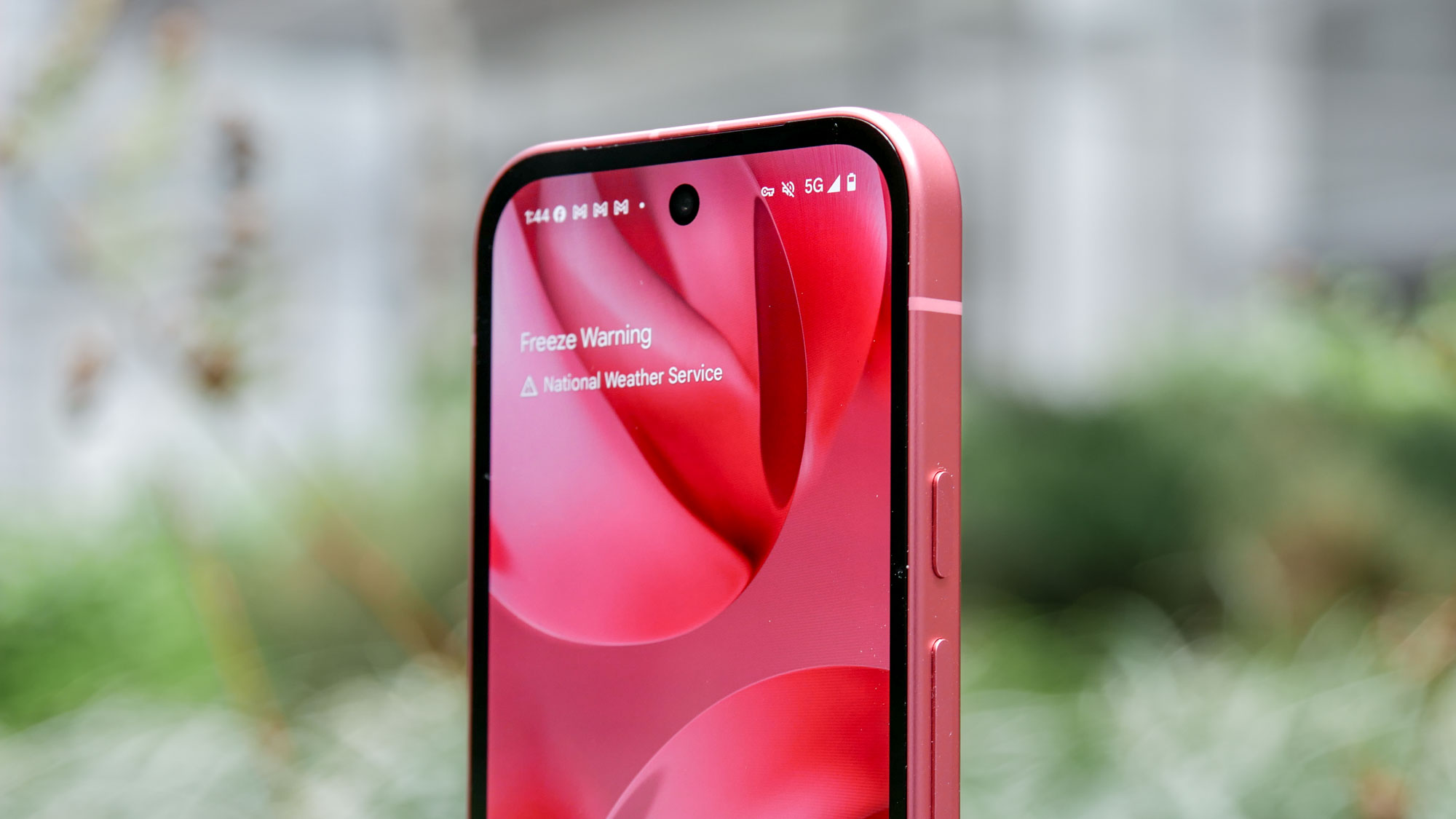The One Fitbit Stat You Should Pay Attention To
Hint: It has nothing to do with steps.
Fitbit's fitness trackers and smartwatches track your steps and workouts, providing a great motivator for getting in shape or staying active. But you can also wear a Fitbit to bed and get unexpected insights into your health, thanks to a feature called Sleep Stages.

This is calculated using a combination of movement and heart rate data, so you'll need a Fitbit with a heart rate sensor. (Fitbit has this sensor in just about every device in the company's current lineup, except for the base-model Alta and the Flex 2.)
Your Fitbit calculates your heart rate variability while you sleep, and the device uses that data to determine which stage of the sleep cycle you're in: light, deep or REM sleep. You don't have to enable any settings; your Fitbit tracks your sleep automatically. You do have to wear the device for at least 3 hours at a time, though, which means Fitbit doesn't track naps.
When you sync that data to the Fitbit app, you'll see how long you spent asleep, which stage you spent the most time in, and how that compares to your own benchmark and to other people in your demographic. This data can be surprising: I found out not only that I don't get as much sleep as I thought I did, but also that I tend to get less REM sleep than standard for women my age.

The quality of sleep you get affects your mental and physical energy for the day, and vice versa — you might find that tougher workouts help you sleep better.
Fitbit is about to make its sleep tracking even more useful with two new features: personalized health insights, which will tell you how all of your stats relate to one another, and a new Sleep Score Beta program rolling out to invited users later this year. Fitbit will calculate your sleep score based on a variety of factors: how long you're awake versus how long you're asleep, how much time you spend in each sleep stage, how much you move during the night, etc.
MORE: The Doctor on Your Wrist: How Smartwatches Are Saving Lives
For Fitbit users who wear the Versa, Ionic or upcoming Charge 3, the sleep score will include data from those devices' built-in SpO2 sensors, which measure how much oxygen is in your blood. Beta testers with those devices will receive alerts when Fitbit detects disturbances in breathing while the users are asleep, because that could be a sign of sleep apnea.
You probably know how many steps you walk each day and how you perform during workouts. But you might not know how well or how much you actually sleep, which is why Fitbit's Sleep Stages is a key feature that shouldn't be overlooked.
Credit: Tom's Guide
Sign up to get the BEST of Tom's Guide direct to your inbox.
Get instant access to breaking news, the hottest reviews, great deals and helpful tips.
Caitlin is a Senior editor for Gizmodo. She has also worked on Tom's Guide, Macworld, PCWorld and the Las Vegas Review-Journal. When she's not testing out the latest devices, you can find her running around the streets of Los Angeles, putting in morning miles or searching for the best tacos.
